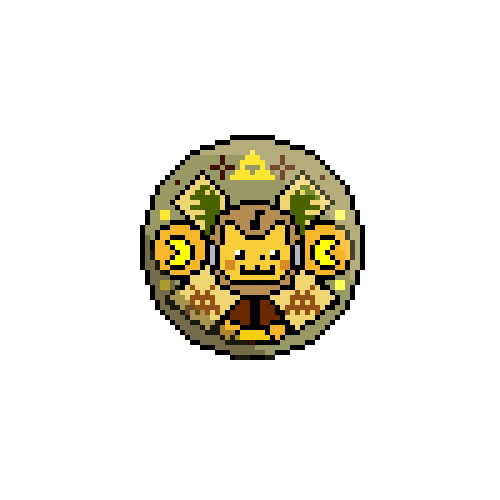The Tranari
Thallak, Crab Nebula, Milky Way, Local Cluster
The planet Thallak exists in the midst of the crab nebula, bathed in the still warm glow of the supernova that caused the nebula to form.
The planet is covered in towering and jagged mountains, covered in black plantlife and near silvery seas. Vast plains cover the tops of some of the less jagged stone forests, with even vaster sandy deserts surrounding the pangaeic continent. Sand dunes so tall they touch the sky form a barrier between the sea and mountains where the Tranari live.
Hanging in the sky is a ceaseless aurora, planetwide.
Thalak has no moons.
Physical Description + Life Cycle
The Tranari are a sinuous arachnidoid species that lives in the realms of causality. The main portion of their bodies has the appearance of fleshy limbs, leading into one clawed tips on their eight legs, and surrounding their central core like a cage. Their "limbs" come together at the top and bottom of the hollow cage, and at the top, it forms a small crown. At the top of the crown is a smaller core, one used for communication and interaction with the outside world. Their cores take on the shape of any among the 48 regular polyhedra, both with the same metallic hue. Their uppermost core allows them to "see" in full 360 degrees.
Phenotype.
Emotive Range and Gestures.
- Coreling
- Flesh Coccoon
- Dream Crawlers
Corelings are the young of the species, taking the appearance of a Core floating above eight disconected spikes that form the legs. As they consume more and grow, thier legs are the first to grow, becoming longer and longer until eventually closing in on themselves and twisting to form a tight coccoon.
The Coccoons are the next life stage, being tended to largely by others until their second Core grows in. In this stage, the Tranari is largely immobile, but it still is capable of communication and interacting with the world through the Core that floats above the "crown". It is in this stage where a number of the young die, typically due to neglect. Most young survive this adolescent phase, however.
Where most of the lifespan of a Tranari is spent. Their new, larger Inner Core allows them to speak more fluently, while also increasing their general magical capabilities.
Language
Their language largely sounds like a variable tune of hums and whistles. The Inner core vibrates at different frequencies, and those vibrations make the air that passes through their cage hum at different rates.
Their language is recorded through floating crystaline structures, that when tapped, plays back the recorded whistling hum.
Phonology.
Overall Culture
The education of a Tranari typically goes in three phases. In the first phase, groups of Corelings are taught basic linguistic skills, simple customs, the basics of nutrition, the simple things a young needs to make it through their cocoon stage.
Diet.
Agriculture and Husbandry.
Hospitality.
Governance
Governmental Type and Structure.
Governmental Election.
Maintenance.
Taxes and Public Service.
